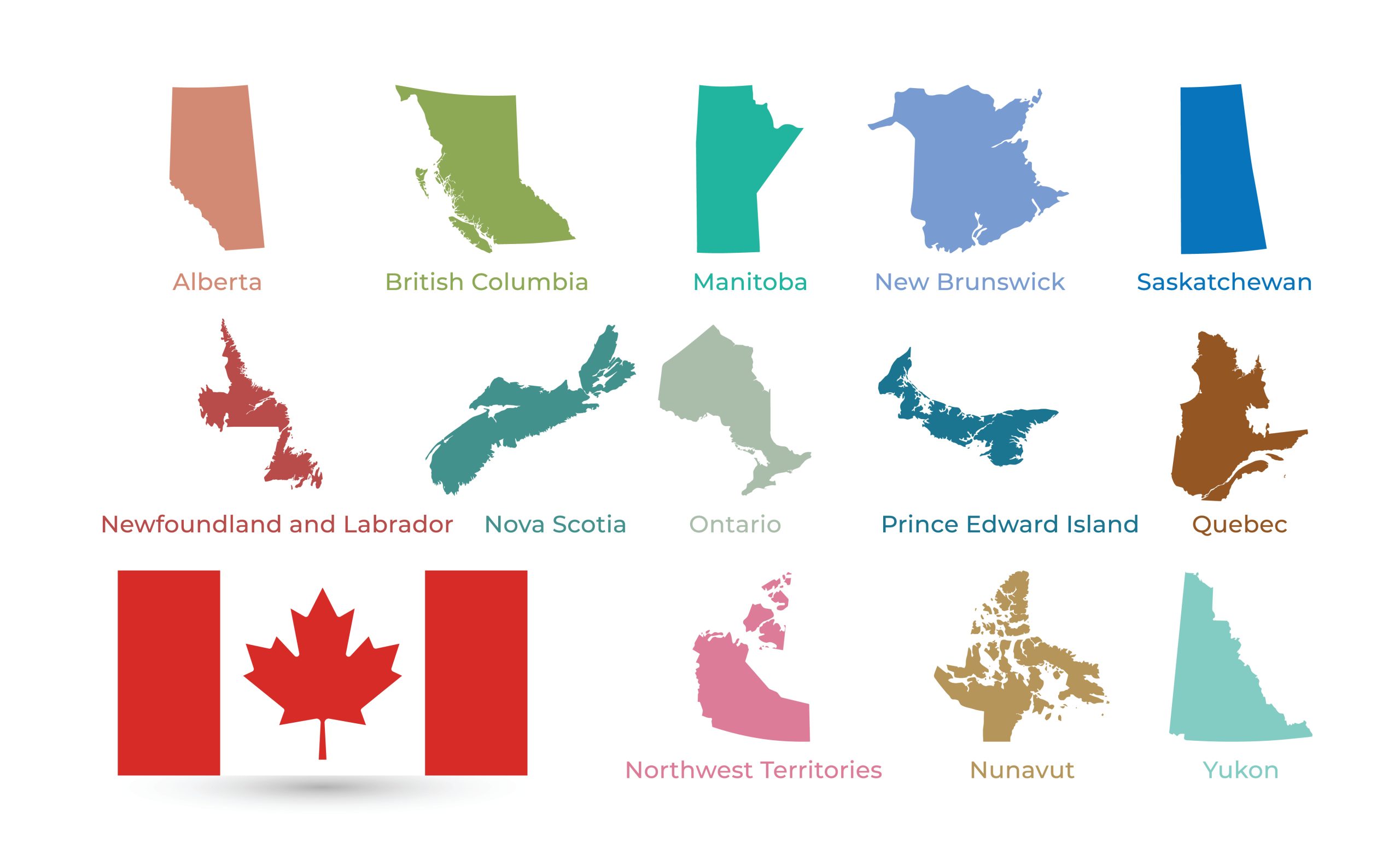April 1 2025
Newfoundland and Labrador has both Labatts and Molson Coors breweries. It also has a plant that bottles Pepsi products. Almost 200 people work in these plants in unionized jobs with decent pay and benefits. These are the kind of jobs Canada needs to protect.
But ironically these jobs are being threatened by something that is supposed to help our economy —scrapping measures that are viewed as interprovincial trade barriers. There are fears that if some of the rules being targeted are changed, the breweries and bottling plant will close.
That would hurt Newfoundland and Labrador, but it would also hurt Canada as a whole. Instead of a couple of hundred people paying taxes, we’d have a couple of hundred people looking for work and needing help.
It’s unintended consequences, like the potential loss of manufacturing jobs in Newfoundland and Labrador, that show why care needs to be taken before any changes are made to legislation or regulations that are being labelled interprovincial trade barriers.
The federal government and provincial governments need to consider the full impact changes will have. In particular, they need to avoid changes that could result in job losses or undermine measures that protect workers and the health and safety of Canadians.
The best way to avoid unintended consequences is to make sure everyone is part of the discussion of how to strengthen trade within Canada, including unions. That will help to do more that just avoid making mistakes. Having everyone at the table, makes it more likely that the discussions will result in a stronger more resilient Canadian economy.
For example, input from the labour movement and other grassroots organizations will ensure people are aware of how dangerous the slash and burn approach of the Department of Government “Efficiency” (DOGE) in the United States would be for Canada. And how we instead need to recognize the important role of the supports and protections that Canadians rely on.
Part of our response to Trump, must be strengthening public services. The actions of the United States government have left many Canadians anxious and worried about the future. For people to be able to be part of the changes to the Canadian economy that will be needed, they need to be freed from that fear.
Being able to move forward with confidence means people need to know that the supports they need, whether it is income support programs, public provided education and training, or health care, are there for them. Many of these services are provincial, but the federal government still has a vital role to play in providing the necessary transfer payments and setting conditions so that the funds will be spent as intended.
There will also be the need to address the biggest barrier to trade in goods and services between different parts of Canada—distance. There is broad agreement on the need to improve infrastructure for moving people, goods and energy across the country. But what we will also need to ensure is that we are building what will be needed in the future rather than what was needed in the past.
Another concern when looking for ways to strengthen trade between different provinces is that governments don’t lose important tools that help them to respond to the challenging conditions we face.
Good examples at the provincial level are publicly owned provincial liquor stores. When the Trump administration imposed tariffs, publicly owned liquor stores provided provincial governments with a way to respond quickly. In addition to the direct impact, removing American made products from the shelves sent a powerful message to people about the importance of buying Canadian.
In the months to come, governments will need to ensure that Canadians have the supports required to allow them to contribute to the economic changes that will be needed. That will mean government will need as many tools as possible to respond. Ensuring that the support Canadians need is there and that the federal and provincial governments don’t undermine their ability to take action means that care is needed in discussions about how to encourage interprovincial trade.

